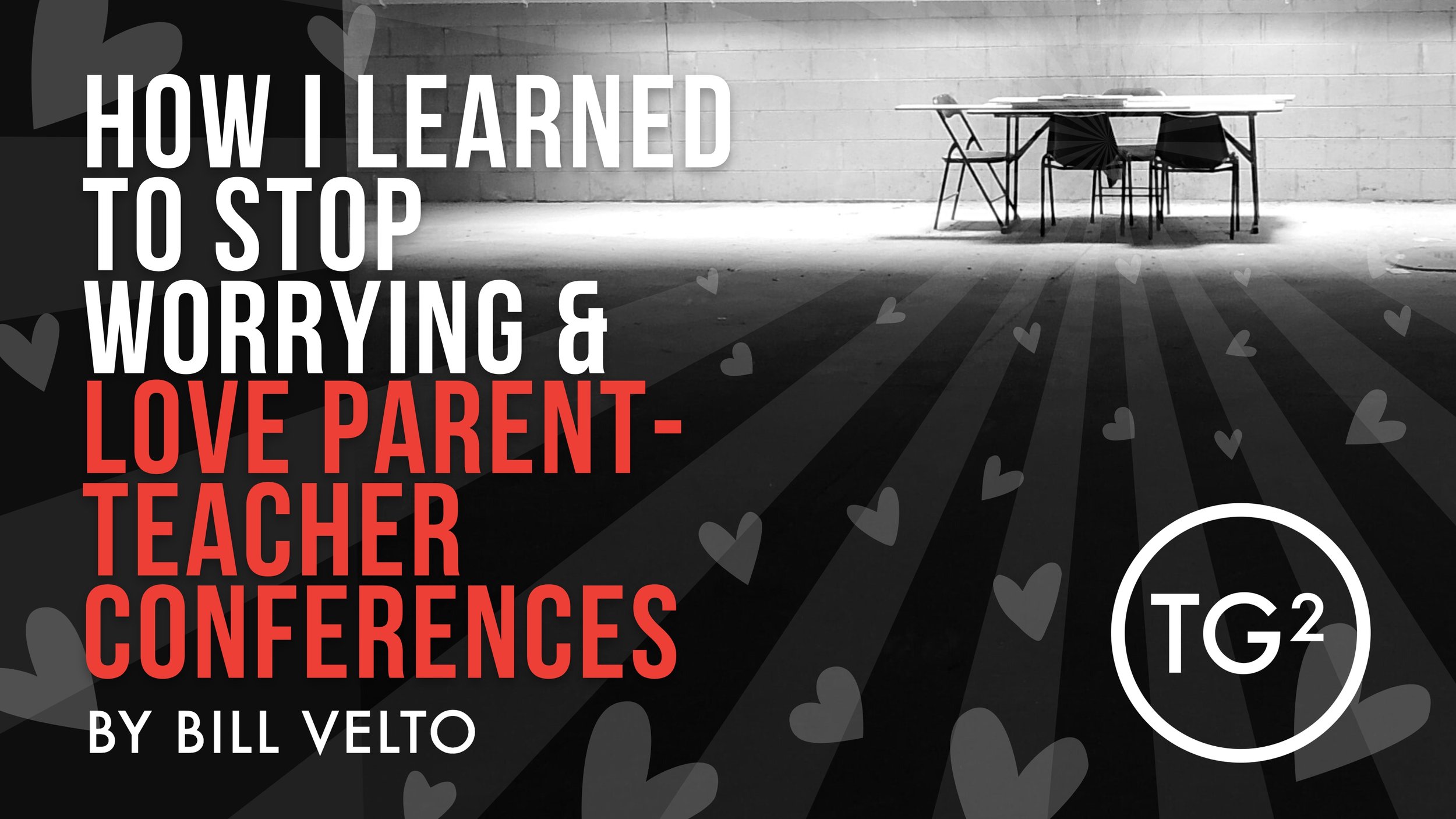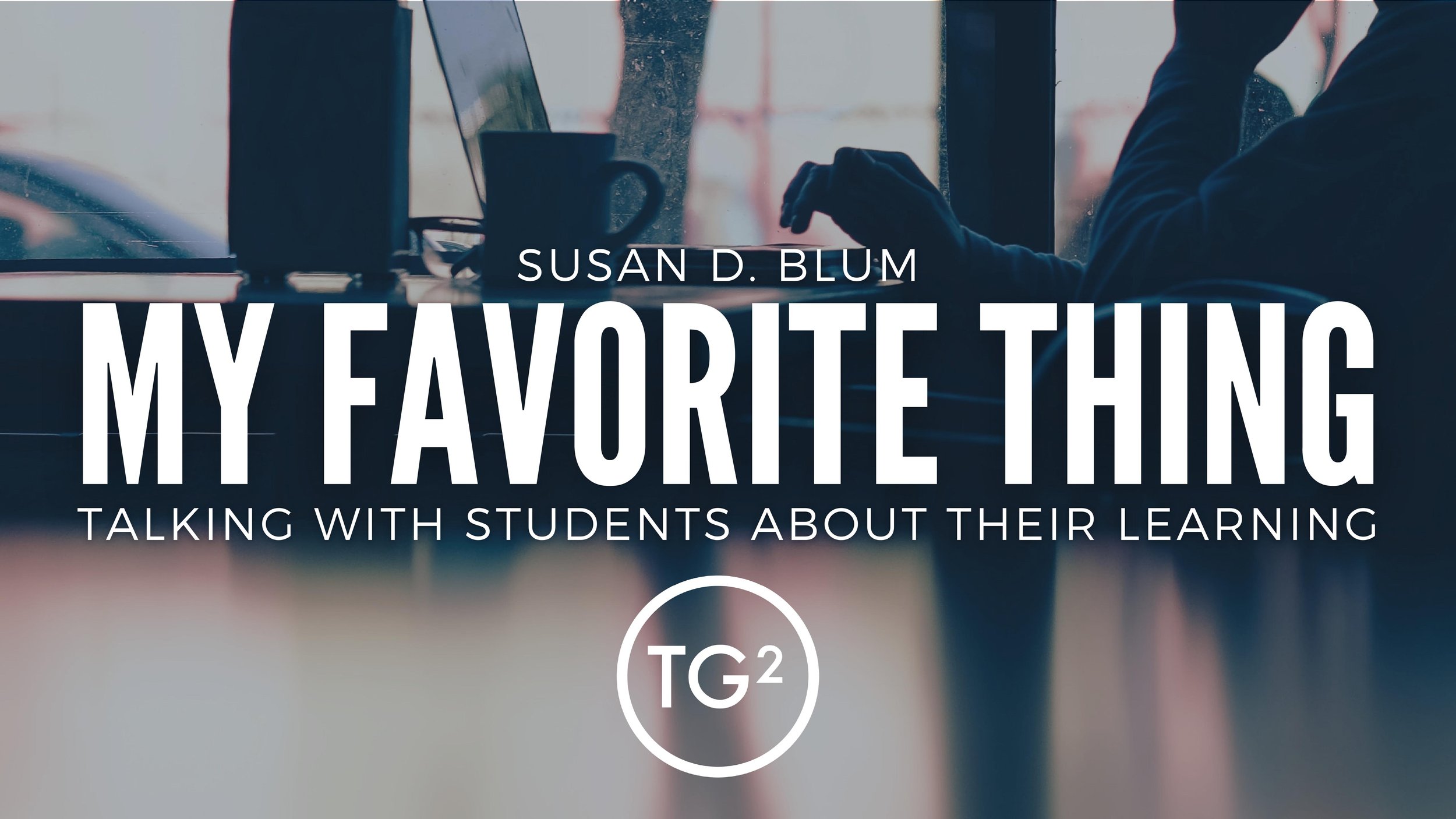How Identities Impact Our Pedagogical Practices
Progressive pedagogical practices come at the greatest risk for those who would have most benefit from empowering educational structures. Liz Norell, explains why those with more privileged identities must leverage their identity, positionality, and privilege in creating more inclusive learning environments.
A Womanist Approach to Care-full Feedback
Scholars Ameena L. Payne and Jan McArthur propose womanist thought as a praxis that re-positions feedback as a care-full process embracing the emotional, moral, and political as well as one that leans into accountability, compassion, confidence, courage, joy, and vulnerability.
No Longer a Data Entry Clerk
Prior to going gradeless, math teacher Andrew Burnett felt like a “data entry clerk posing as a teacher.” Now, he has ditched the data entry in favor of meaningful and timely feedback. This shift has led to greater personal satisfaction and a marked improvement in his students’ ability to understand concepts as well as to retain that understanding.
10 Tips for Offering Excellent Feedback
Feedback is teaching—an opportunity to foster student growth. Whether we are looking to prevent mistakes from becoming ingrained or to build on skills students already have, feedback provides the learner an opportunity to grow in their awareness of learning standards.
Who’s Afraid of ChatGPT?
Who’s afraid of ChatGPT? Martin Compton argues that the machines should herald a dawn of teaching where we can realize a more humanized, compassionate, inclusive, process-focused approach to teaching, learning, assessment and feedback.
Can Standards-based Grading Grade Less?
Most would consider standards-based grading part of the gradeless continuum. But it has been easier to help people grade less in a traditionally graded system than in a standards-based one. Finding ways to address the ways in which SBG can become unmanageable is well worth our collective efforts.
How I Learned to Stop Worrying and Love Parent-Teacher Conferences
Bill Velto recounts how, in shifting toward a gradeless environment, students grew in their ability to articulate their learning, and how that learning related to their grade. Conferences came to resemble discussions around the dining table, rather than the combative confrontations that had occurred in the past.
Getting Students Ready For Portfolio Conferences
Learning shouldn't leave the learner out. Empowering students to share their learning through portfolio conferences shifts the dynamic of who's responsible for the learning and highlights what students know and can do rather than on grades and scores.
How Portfolios and Conferences Transformed My AP Science Classroom
Putting agency over one’s grades into the hands of learners allows them to exercise metacognitive skills. When students learn to self-assess accurately, it enables them to transfer skills and understanding well beyond the classroom.
Capturing Learning as it Happens
Creating and maintaining portfolio evidence as the learning happens results in richer, more nuanced representations of learning over time. When students and teachers capture learning as it happens, it is no longer an add-on reporting method after a performance task is completed.
My Favorite Thing: Talking to Students About Their Learning
Susan D. Blum, editor of the book Ungrading: Why Rating Students Undermines Learning (and What to Do Instead), shares how she uses conferences to consult learners in their full humanity (as much as they choose to share it), to learn about their learning and what it means in their lives.
Why I Won’t Just Give You The Answer
I want you to be able to rely on the skills we practice. But more than that, I want you to be able to make purposeful, savvy decisions about why you are writing in the way that you’re writing. This skill, more than any other, is what will serve you well in the future.












